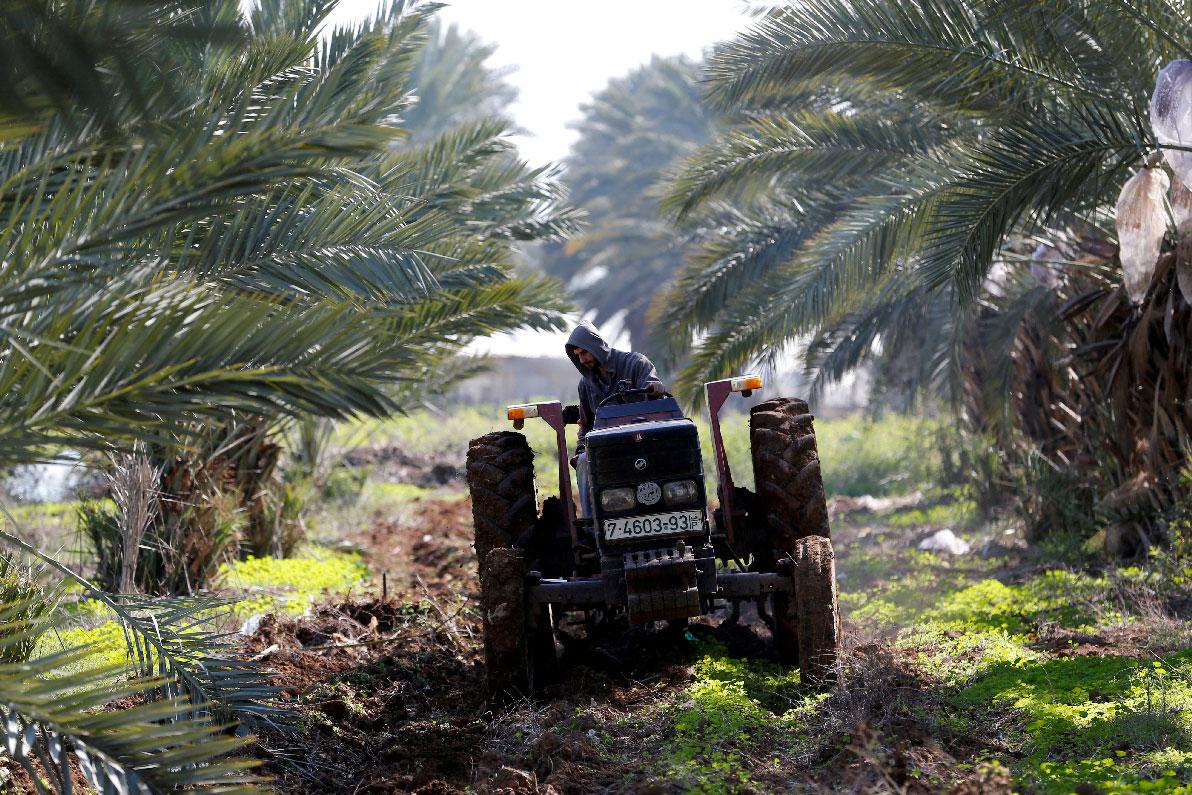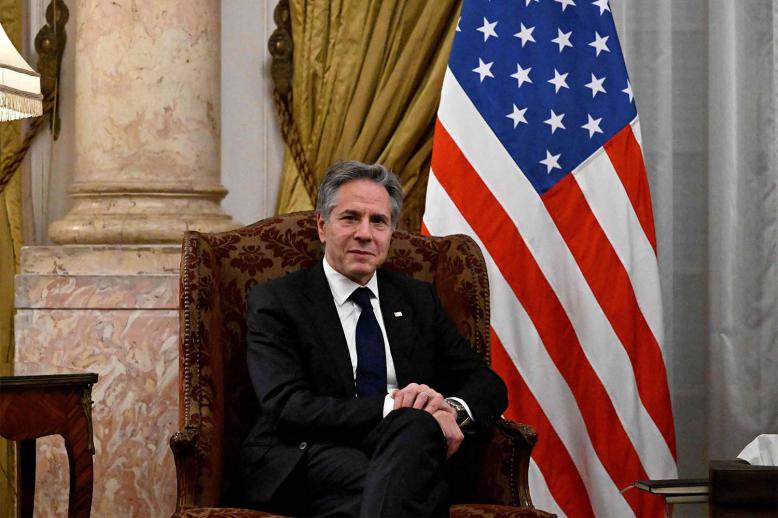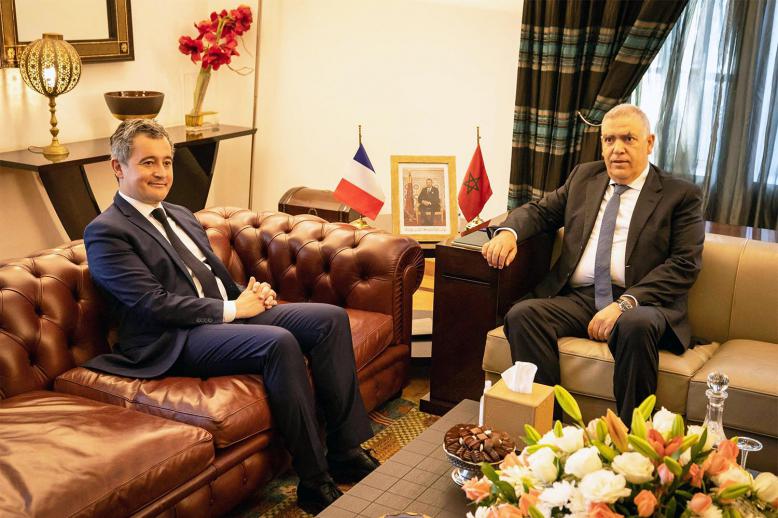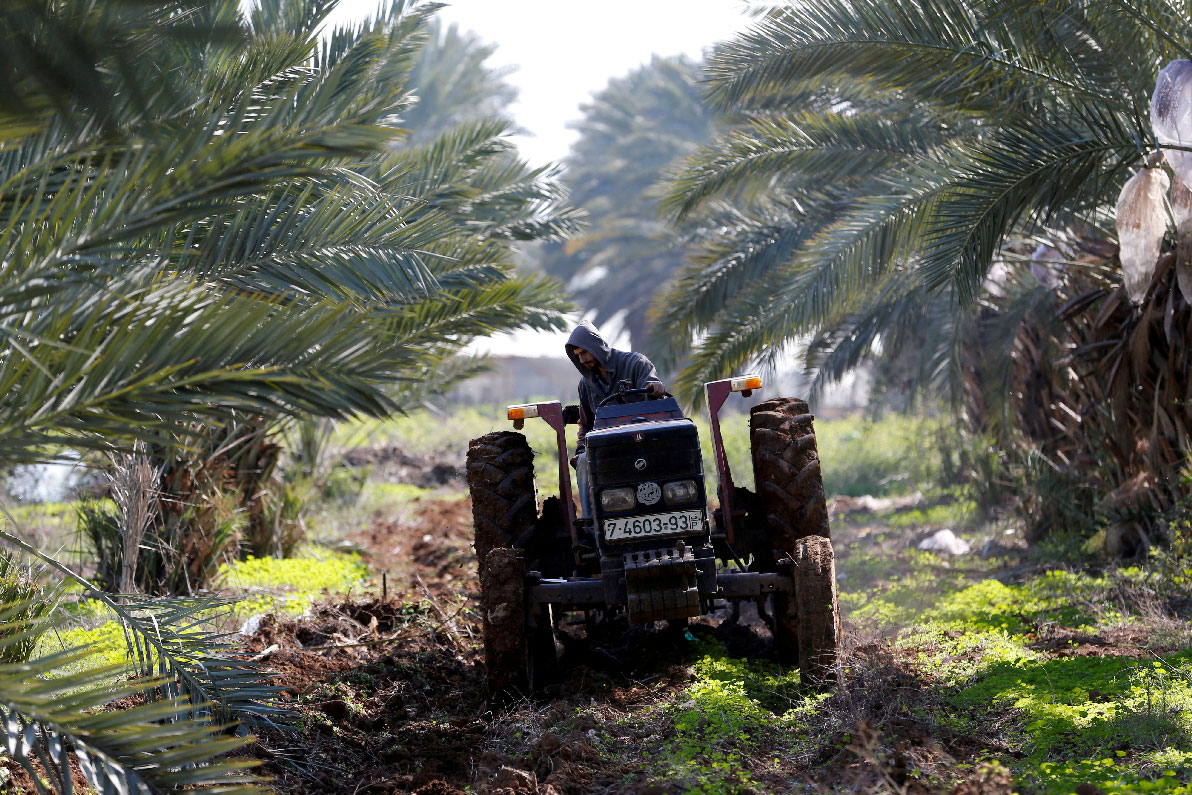Israel escalates trade dispute with Palestinian Authority
RAMALLAH - Israel has escalated a trade war with the Palestinians by stopping their agricultural exports through Jordan, Palestinian Agriculture Minister Riyal al-Attari said on Saturday.
Israel and the Palestinian Authority (PA) opened a new front in their decades-long conflict with a trade dispute that began in October and has escalated over the past week.
"Yesterday, the director of Israeli crossings informed all exporters and all relevant parties that all Palestinian agriculture products would be banned from export to world markets through the Jordanian crossing starting Sunday," al-Attari told Voice of Palestine Radio.
Israeli and Jordanian officials did not immediately respond to requests for comment.
In October, the PA announced a boycott of Israeli calves. Last weekend Israeli Defence Minister Naftali Bennett said he would halt all PA agricultural imports, which in turn prompted the PA to say it would end imports of Israeli agricultural products, fruit juice and bottled water.
Those moves have frayed trade links that have generally held since the two sides signed interim peace accords in the 1990s, even weathering the collapse in 2014 of peace talks.
Bilateral tensions have been further fuelled by the announcement of US President Donald Trump's Middle East peace plan which has prompted a string of violent incidents in Jerusalem, the occupied West Bank and Gaza.
The actions of the PA, whose power base is in the West Bank, in part reflect greater efforts to end what its leaders - including new Palestinian Prime Minister Mohammed Shtayyeh - see as an over-dependence on Israeli markets.
"We are at a critical political moment and we completely understand the negative impact that will result from these measures, but I say with all confidence that that negative impact will also affect the Israeli economy," said al-Attari. "We have several options and measures with which we can respond to each Israeli decision that aims to harm our national economy," he added.
Palestinians say that due to Israel's occupation of Palestinian territory, their economy is essentially a captive market for Israel. The United Nations Conference on Trade and Development (UNCTAD) noted that in recent years, the Israeli economy absorbed 85% of Palestinian exports while over 70% of Palestinian imports were from Israel. Meanwhile, the occupied Palestinian territory accounts for only 3% of total Israeli trade.
Under agreements made between Israel and the PA, Israel collects customs duties on imports destined for the Palestinian market, which have to go through Israel. It has been accused of illegally retaining Palestinian import and sales tax funds that it collects in order to put political pressure on the Palestinian government. It has also withheld fiscal revenues in order to pay debts that Palestinians owe to Israeli companies such as the Israel Electric Corporation (IEC).
Israel has also been accused of exploiting the restricted movement of Palestinian labourers, exacerbating Palestinians' reliance on Israeli companies and deepening Israel's de facto annexation of occupied Palestinian territory in the West Bank.





